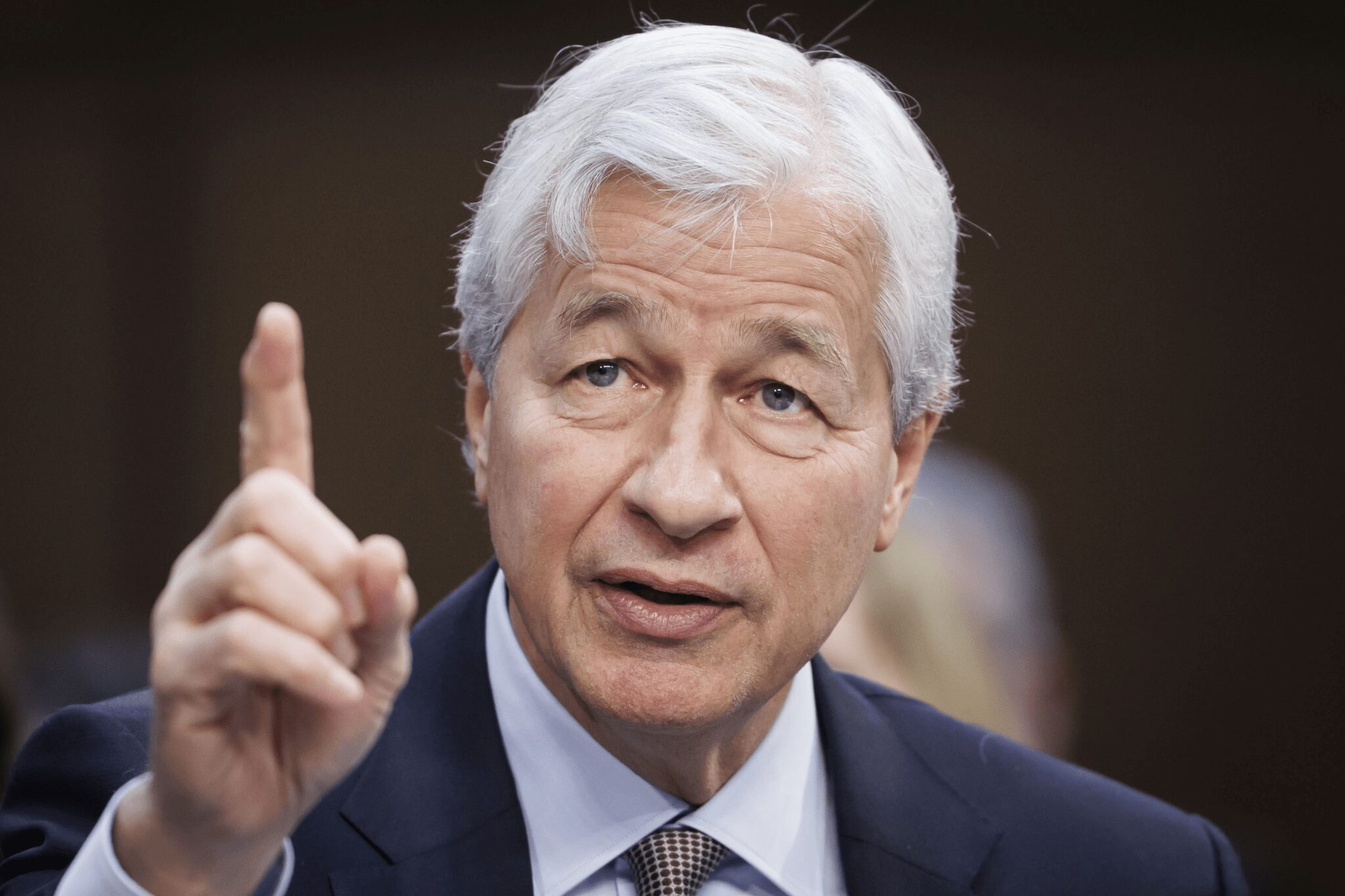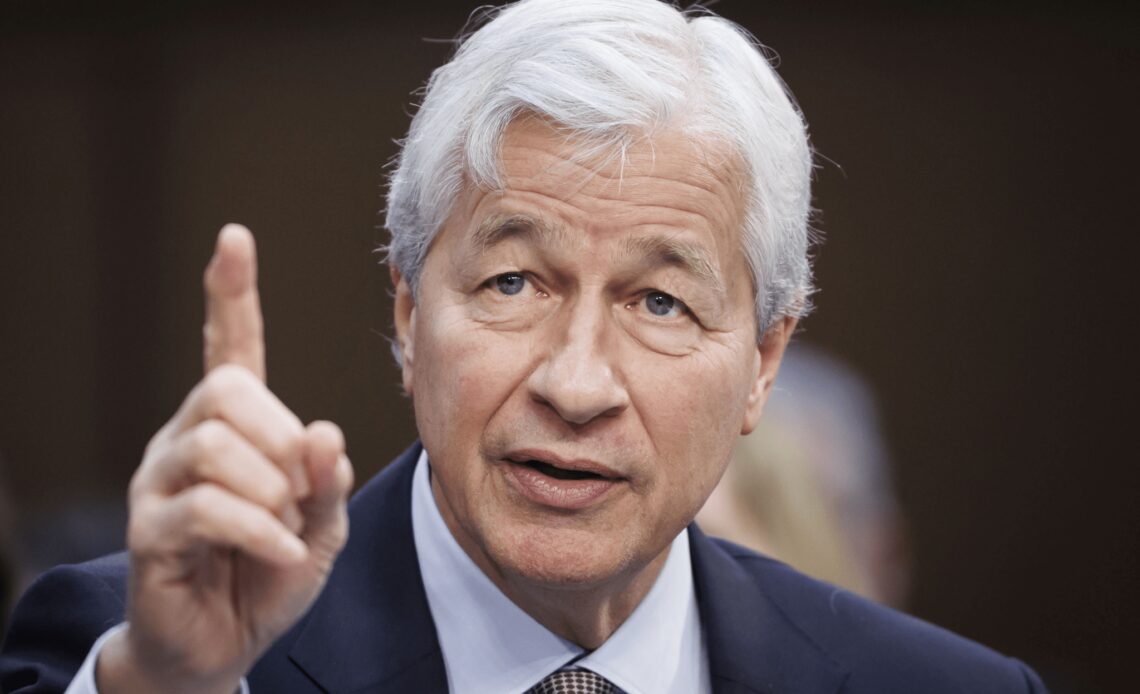
There’s no crying in baseball—and no crying in the boardroom either, according to JPMorgan Chase CEO Jamie Dimon.
In his 18 years at the helm of the world’s biggest bank, the Wall Street titan has cemented his reputation as an outspoken thought leader on finance and CEO-ship—and occasionally, the “pet rock” that is Bitcoin.
When it comes to management, Dimon believes leaders should be willing to dismiss employees who aren’t a good fit—and even he was once on the receiving end of the firing gun.
At a 2017 event at the Stanford Graduate School of Business, a PhD student asked Dimon how he addresses bureaucratization within his bank. Dimon, who turned 68 today, shared what he thought was one of the toughest aspects of management: “You have to get rid of the bad people.”
Sometimes “bad” means a poor culture fit, and other times, it’s as simple as “they’re not good enough” at their job, Dimon said. Many managers are unwilling to get rid of the “bad people,” Dimon continued, and instead opt to reward their loyalty.
In order to achieve a true meritocracy staffed by top performers, Dimon says managers should think more like sports coaches. “In sports, if you’re not batting 250, you’re not going to be playing second base,” the bank chief said. “And it’s very easy, you take out a pitcher that’s not doing a good job.”
“In business, they are left in those jobs for a long time,” said Dimon, whose net worth is $2.1 billion according to Forbes.
Loyalty ≠ competence
“Loyalty is such a misnamed thing sometimes,” Dimon continued at the Stanford event.
As a young CEO, Dimon was asked why he demoted “Joe,” an employee who had been with the company for a long time and trained many other workers.
“How can we be loyal to you when you weren’t loyal to Joe?” an employee asked Dimon. “I couldn’t answer the question,” Dimon said at the Stanford event, so he slept on it then called the employee the following day.
“If I was loyal to Joe and kept him in the job, and most people thought he just wasn’t doing a good job anymore, who am I being disloyal to?” Dimon recalls saying. “Everybody else and the customer.”
Lived experience
The billionaire was once on the receiving end of a high-profile firing himself—at the hands of a former mentor. While Dimon was an undergraduate at Tufts University, banker and family friend Sandy Weill hired him to spend his summer…
Click Here to Read the Full Original Article at Fortune | FORTUNE…


